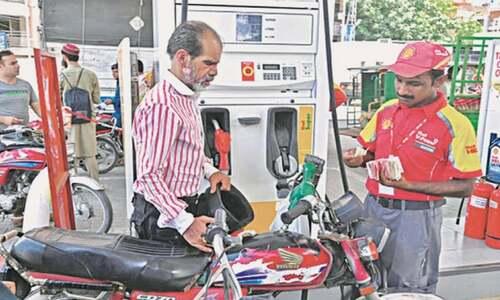THE decision by the Mayor of London, Boris Johnson, to commission a study into the impact of an amnesty for illegal immigrants has not gone down well in Westminster. Mr Johnson's party leader, David Cameron, has refused to endorse the idea, and the Immigration minister, Phil Woolas, has described Mr Johnson as both “naive in the extreme” and a “nincompoop”.
Behind this bluster, however, lies the fact that the present government policy towards irregular migrants manages to be inhumane and economically inefficient. Migrants are left without access to basic health services and the Treasury is denied their tax contributions. These issues are especially pressing in Mr Johnson's jurisdiction of London, where more than half of the UK's estimated 700,000 illegal immigrants live.
That Mr Johnson's suggestion of an amnesty has been so ungraciously dismissed by the immigration minister is dismaying. It is also rather confusing since the previous minister, Liam Byrne, floated a similar idea in 2006. Mr Byrne was ignored, but what happened next is revealing.
The home secretary, John Reid, announced an ineffective “crackdown” and the number of illegal immigrants grew by about 100,000. This lamentable record has not chastened Mr Woolas, however, who feels able to chide the Mayor with the words “The road to hell is paved with good intentions.”
Mr Johnson might respond that he is sufficiently well intentioned to research his position before opening his mouth. Mr Woolas's policy of deportation costs 11,000 pounds per immigrant. It is, one might suggest, “naive in the extreme” to cling to such a policy despite the weight of evidence that it is too costly to be practical.—Dawn/The Independent News Service











































Dear visitor, the comments section is undergoing an overhaul and will return soon.